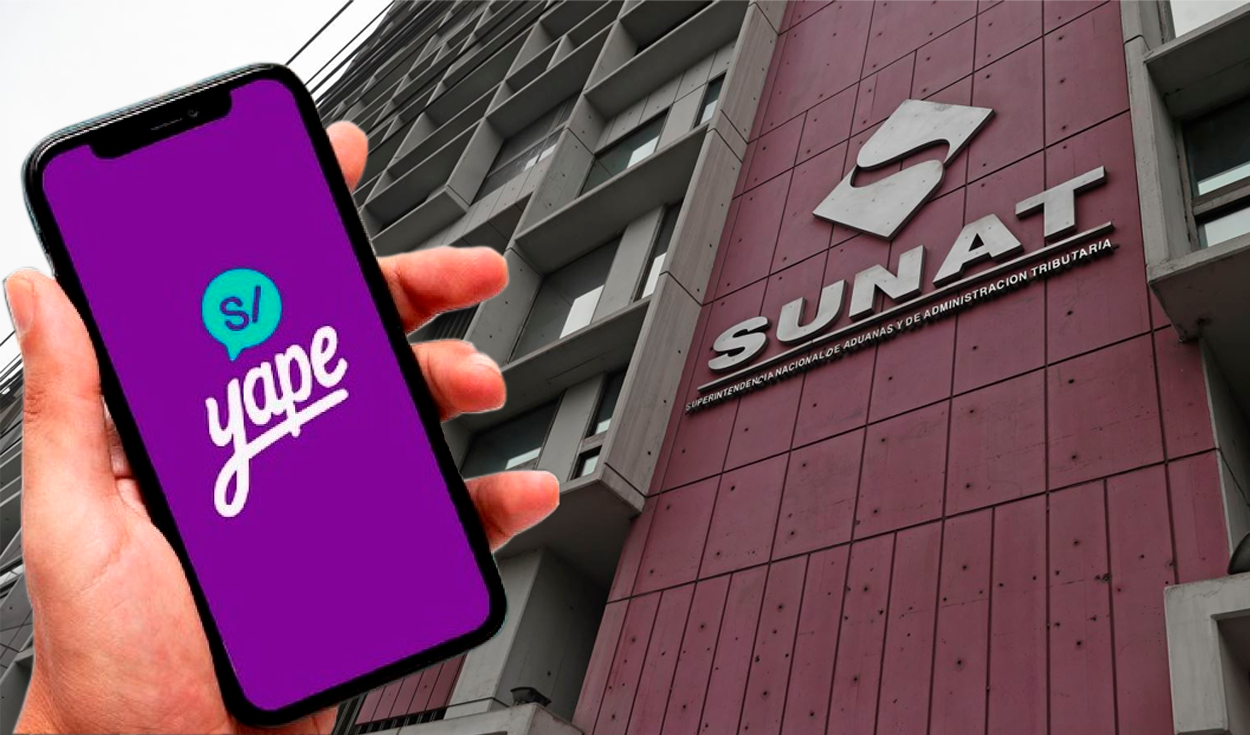
The entity explained that users will be able to pay the property rental tax with the application, in addition to fines, declared debts, payment orders, determination resolutions, among others.
The National Superintendence of Customs and Tax Administration (Sunat) reported that in the framework of facilitating compliance with tax obligations, since the middle of this month the virtual wallet has been included as a payment service Yape. “This service will simplify the payment process, saving time for users and Sunat’s own processes,” the entity said.
In addition, he explained that due to the current characteristics of this service -it only allows maximum payments of S/500- the benefited users would be taxpayers who are responsible for paying low amounts of taxes. For example, Yape could be used for real estate rental tax payments (through Form 1683), subjects of the New RUS (Form 1611) and Various Payment Form 1662 (including fines, declared debts, payment orders determination resolutions, among others).
“Additionally, taking into account the upcoming 2022 Income Campaign, Natural Persons could consider Yape as an additional means of payment for the regularization to be determined, once the Declaration is submitted through Virtual Form 709”, mentions the Sunat .
Increase in payments by virtual means
As of December 2021, 67.9% of total tax payments were made using virtual means, this indicator stood at 70.8% at the end of December last year; while between January and February 2023 the virtualization of payments remains above 70%, on average, with a growing trend versus those made in the network of banking agencies that are face-to-face, according to Sunat.
In this regard, the entity highlighted that it has developed a platform that allows the payment of taxes from its portal, so that individuals and companies can pay their obligations through four means: debit to a bank account, charge to deduction account, charge by credit or debit card or with the SUNAT Payment Number (NPS), a modality that allows paying taxes by presenting a code.
“The virtual payment modality most frequently used by taxpayers is the charge in the deductions account, which represents 40% of the operations; it is followed by credit card payments with 20% and to a lesser extent payments with charge debit in bank accounts and mobile banking with 13% and 9%, respectively, among others,” he pointed out.
Source: Larepublica
Alia is a professional author and journalist, working at 247 news agency. She writes on various topics from economy news to general interest pieces, providing readers with relevant and informative content. With years of experience, she brings a unique perspective and in-depth analysis to her work.












